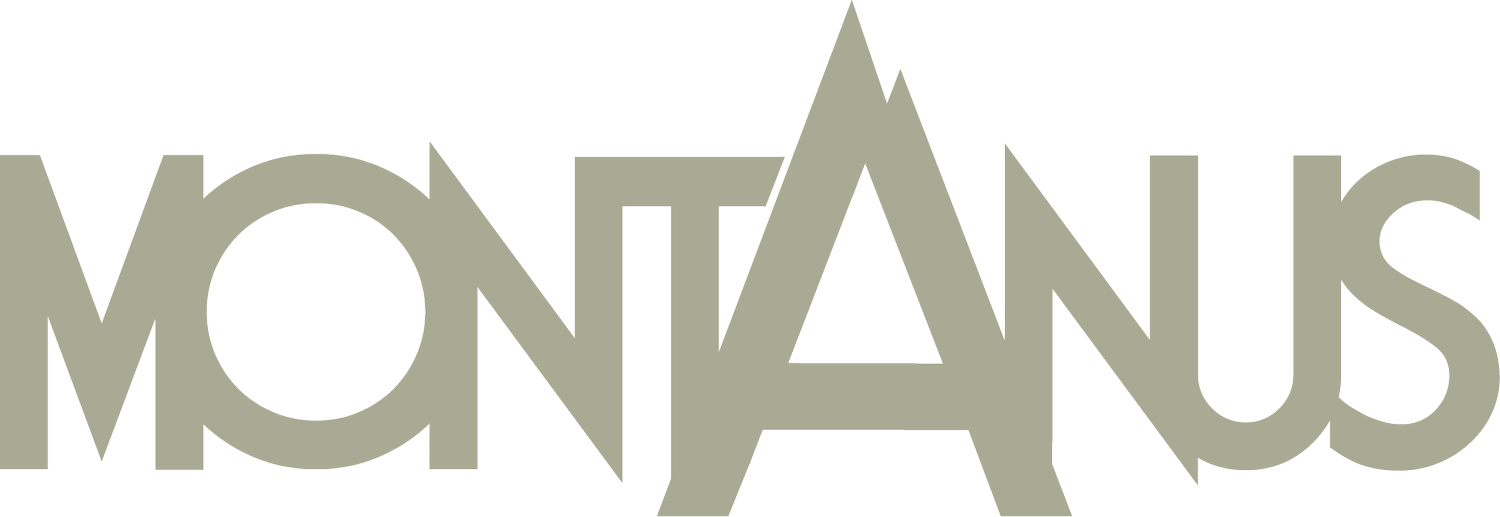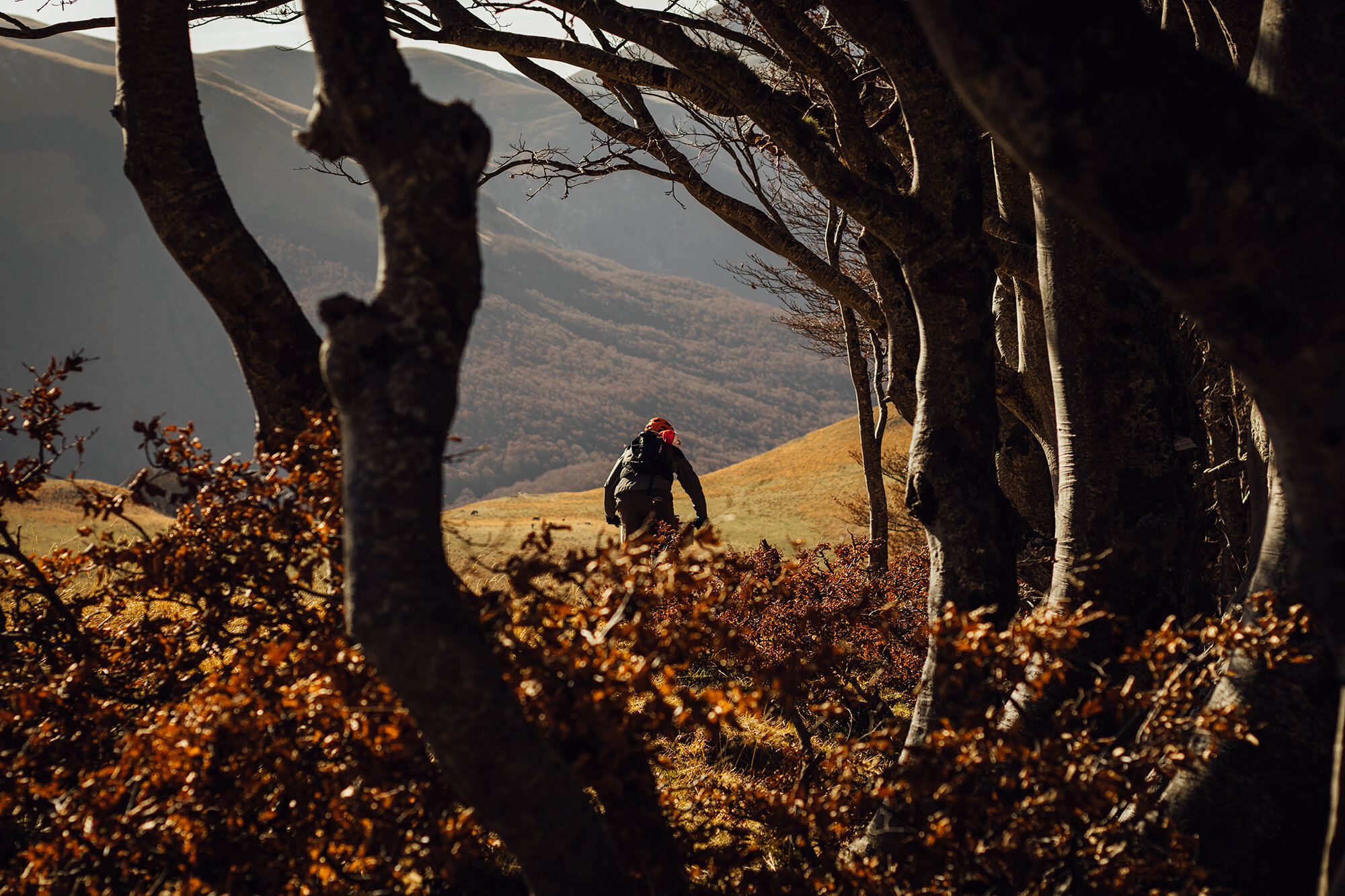
BEE WILD BEE FREE

2020 Best Cinematography/Editing
Best in Art/Multimedia
Bee Wild Bee Free
Sometimes your bike lead you to discover new and wild places, other times it can give you more. We explored the process that brought us closer to Nature finding out how bikepacking and beekeeping played a significant role in our environmental consciousness. ‘Bee Wild Bee Free’ is the small contribution of Montanus to raising awareness about the importance of honey bees for mankind and for planet’s ecosystems.
Bikepacking gave us the opportunity to fully enjoy the great outdoor spending more and more time in touch with Nature. This helped us to comprehend we’re part of a complex ecosystem, where species live together and depend on one another. The beekeeping journey that Giorgio undertook two years ago brought us to know deeply the world of the bees and to understand how these pollinators play a part in every aspect of the Planet’s ecosystem. They support the growth of trees, Ilowers, and other plants, which serve as food and shelter for creatures large and small. For human nutrition the beneIits of pollination include not just abundance of fruits, nuts and seeds, but also their variety and quality. Collaborate with these amazing creatures showed us how two different species can reach mutual beneIits. A sort of give-an-take relationship in which man take care of bees and bees give to man some incredible products as honey, beeswax, pollen, royal jelly and propolis. The most important thing we have learned from working with bees is a lesson in cooperation, not domination. A rare human-to-nature experience these days.

Save the bees, save yourself.
Honey bees, wild and domestic, are proliIic pollinators and a vital part of our eco and food systems. One third of the world's food supply is dependent on pollinators, mostly honeybees. As they forage for their food – which is made up of nectar providing sugar for energy and protein-rich pollen, they pollinate plants by carrying pollen from one plant to the other, helping them to reproduce. But bees are in danger and their species is in decline because of pesticide use, the loss of the green spaces that provide them with a Ilower-rich habitat, monoculture farming practices, pests and disease. Everywhere on the planet, every living thing, including man, is involved in these complex networks of interdependent relationships, which are called ecosystems. Preserve them means to protect the foundation upon which the existence on the planet earth is based. It’s not only about bees.

Bikepacking and beekeeping.
Giorgio and his wife Silvia started their adventure as beekeepers with a small production of WildIlowers honey, named BeeFolk that is incredibly delicious and smells of mountains. We love bring it in our bikepacking trips using squeazable packs, since it’s a pratical way to take a sip during your ride or dosing the right quantity in our coffee. Honey makes breakfasts and snacks more tasty and also it’s a great source of energy since contains simple carbohydrates. Bees help us also producing beeswax from which you make lip balm to protect your lips from cold, sun and wind. Check out the real protagonists of the video on @bee.folk and support your local beekeepers.













